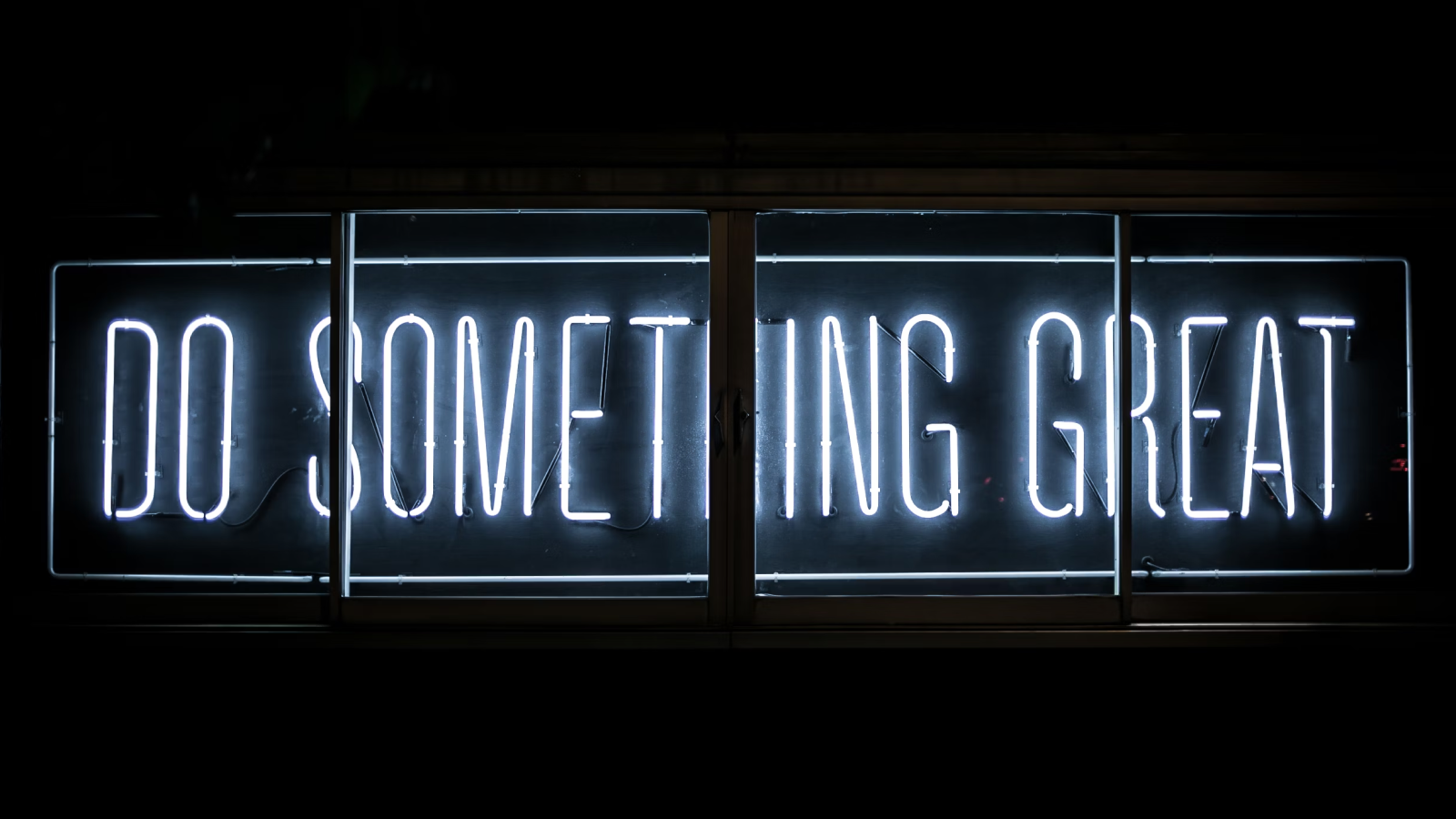In today’s fast-paced world, success often hinges on a set of core skills that allow individuals to navigate its path. Three such skills, often underestimated but immensely powerful, are reading, writing, and resourcefulness.

Reading: Expand Your Perspectives
I never liked reading until I got to college. Frankly, I never thought I was good at it. Standardized tests told me I was a slow reader, and I criticized myself for it. I had an instructor who would always reference things he read as if book titles and quotes were his natural communication style. I thought what he shared was so interesting and decided that I wanted to not only explore my topic interests more deeply but also be someone who had a diverse exposure to knowledge and be able to converse about it with others too.
So I went to the bookstore and bought a business book he referenced in class. I surprised myself by reading the entire book on a Halloween night, which actually turned into a tradition of mine for many years. I made reading a regular nightly habit and am usually reading five books at a time, jumping around based on what I feel like reading at that moment. What I learned about myself is that if I’m interested in a subject I can read relatively quickly and absorb the content really well. I also learned that textbooks are limited, and I can learn so much more context about a subject beyond a classroom to enhance my studies.
My favorite topics are career-focused about business, leadership, marketing, design, and technology. But I also love diving into psychology, self-help, biographies, poetry and my favorite cartoonists. If you’re curious about some of my favorite titles you can check out my bookshelf.
“Reading is to the mind what exercise is to the body.”
Joseph Addison
Few habits unlock as much potential as reading. Successful individuals understand this, making regular reading an integral part of their lives. By immersing oneself in diverse narratives and thoughtful analyses, one gains invaluable exposure to different perspectives and ideas, fostering intellectual growth and a valuable understanding of the world around them.
Moreover, reading acts as a tool for language development. Whether it’s delving into the works of literary greats or tackling challenging academic texts, the act of reading exposes us to sophisticated vocabulary and writing styles, refining our own communication skills and equipping us with the ability to express ourselves with clarity. This newfound confidence in language translates seamlessly into engaging conversations and impactful interactions with others.

Writing: Craft Your Thoughts
As my love for reading developed so naturally did my love for writing. I love being in the quiet space of a writing session. I enjoy taking many pauses to simply think and then articulate my thoughts into words. It’s difficult to do this, which is why many may steer away from it. Wrestling with thoughts, seeking clarity, and meticulously crafting sentences demand a strong effort. Often, it seems simpler to utter words than to weave them into well-crafted sentences, doesn’t it? However, as humans, communication is intrinsic to our nature. Writing serves as an extension of this innate need for connection.
While reading provides the fuel, writing serves as the engine for intellectual growth. The act of committing thoughts to paper forces us to slow down, analyze information critically, and articulate our ideas with precision. Writing helps us to deconstruct complex concepts, identify key arguments, and form well-reasoned conclusions, a process that strengthens critical thinking skills and empowers us to think more deeply about the world around us.
Furthermore, writing serves as a great tool for self-discovery. By putting our thoughts and emotions into words, we gain a deeper understanding of ourselves, our motivations, and our place in the world. This introspective journey fosters self-awareness and empowers us to communicate our ideas better.
“Writing is thinking on paper.”
William Zinsser
So you may be wondering, “What do you write about?” I personally use writing to reflect about things I’m learning. For example, if I go to a conference I’ll form my notes into a more cohesive short writing that summarizes my key takeaways. As is this website, I enjoy sharing my knowledge through writing articles. In personal writings I enjoy poetry and reflection through gratitudes. I’ve been writing an autobiography in a non-traditional format for a few years now, and I have absolutely loved this journey. And occasionally, I like to combine my writing with my illustration skills. Short plug: you can find my latest book on Amazon, “What I’ve Learned in Therapy A to Z”. The writing possibilities are endless.
While the act of writing may not always be easy, the rewards it offers are immeasurable. I encourage you to embrace the challenge of thinking on paper.

Resourcefulness: Thrive in a Changing World
In today’s dynamic and ever-evolving landscape, resourcefulness has become an indispensable skill for success. It empowers individuals to navigate challenges, find solutions, and stay ahead of the curve. This involves embracing a growth mindset, continuously seeking new information and learning opportunities, and being comfortable with experimenting and embracing new approaches.
Resourcefulness also entails staying informed of technological advancements and evolving trends. Whether it’s mastering new software, exploring emerging fields, or simply keeping up with the latest news and innovations, individuals who invest in continuous learning are better equipped to adapt and thrive in a rapidly changing world. I don’t know if technology and AI will take over all jobs, but I do know that those who fail to learn how to use new technologies will fall behind. Your personal marketability and career growth depend on your ability to be resourceful.
Resourcefulness can look like knowing how to search for things well on Google (yes, doing effective searches is an underestimated skill). Or it can look like knowing how to leverage ChatGPT. It’s having a strong habit of reading books and articles, studying videos and podcasts, and knowing who to contact for when you need help.
By cultivating resourcefulness, one transitions from being a passive consumer of information to becoming an active problem solver. This shift in mindset empowers individuals to tackle challenges head-on and position themselves as valuable assets and contributors in their chosen fields.
The Synergy of Success
Reading, writing, and resourcefulness are not simply isolated skills; they are intertwined threads that weave together the tapestry of success. Reading feeds the mind with knowledge and diverse perspectives, writing allows one to process and refine those insights, and resourcefulness equips the individual with the tools to apply them effectively in the real world. By actively cultivating these three vital skills, individuals empower themselves to become lifelong learners, confident communicators, and adaptable problem solvers, paving the path towards achieving their full potential and leaving their mark on the world.

